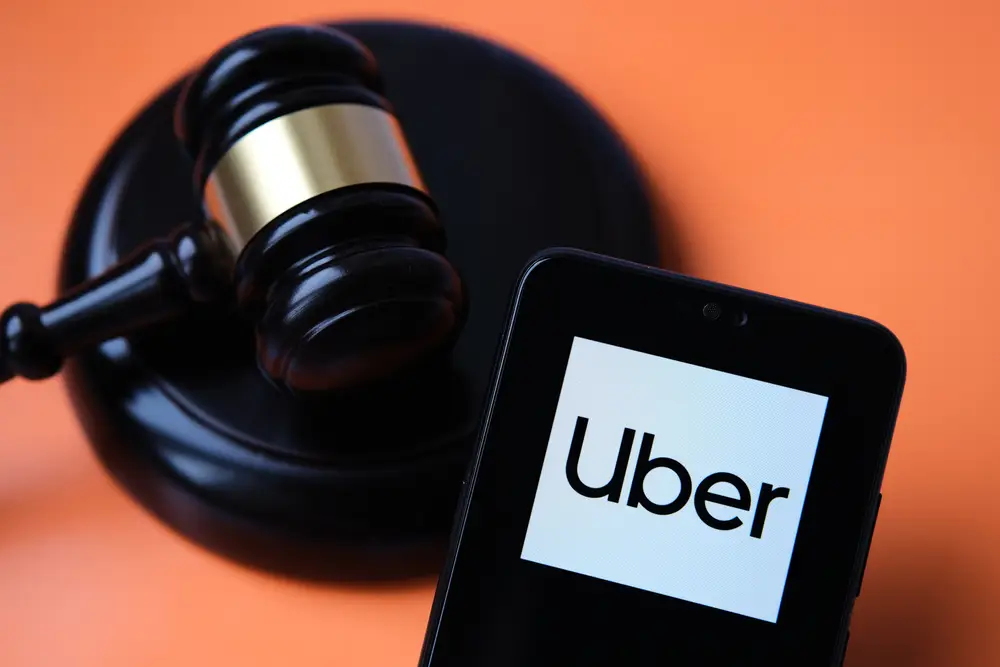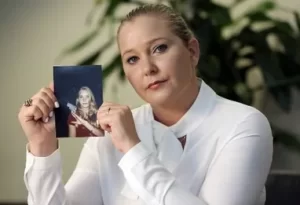A California judge has ruled that Uber can be held legally responsible for protecting passengers from sexual assault in the same way that traditional transportation companies like taxis and trains are. The ruling paves the way for the first bellwether jury trial in a massive group of lawsuits filed by survivors of alleged assaults committed by Uber drivers, Bloomberg Law reported.
In a decision issued late last week, Judge Ethan P. Schulman of the San Francisco Superior Court rejected Uber’s motion for summary judgment, which sought to have hundreds of cases thrown out. The judge found that Uber qualifies as a “common carrier” under California law, meaning it owes passengers the “utmost care and diligence.” This heightened legal duty traditionally applies to transportation services that take paying customers from one place to another.
The upcoming jury trial, scheduled to begin September 8, is part of a consolidated proceeding in California that involves more than 500 individual lawsuits from passengers who say they were sexually assaulted by Uber drivers. It runs separately from a federal multidistrict litigation (MDL) in the Northern District of California that includes more than 2,500 similar lawsuits from across the United States.
Uber had argued that it should not be held liable for criminal acts committed by independent contractors. The company’s legal team leaned heavily on the argument that Uber is merely a technology platform that connects riders and drivers. But plaintiffs pushed back, arguing that Uber controls much more than it claims—setting ride prices, determining routes, processing payments, and advertising safety features, all while avoiding responsibility for what happens during those rides.
A plaintiff’s attorney argued that Uber is trying to benefit from being a transportation company while avoiding the legal duties that come with it. “That is like running a daycare center but claiming no duty to protect children because you merely ‘facilitated’ the staffing,” the attorney said.
The court agreed with the plaintiffs’ view that Uber’s role goes far beyond a neutral third-party platform. Uber’s hands-on control over ride logistics, paired with marketing that emphasizes safety, supports the claim that the company functions as a common carrier. That status carries stricter obligations to ensure rider safety, which the plaintiffs argue Uber has failed to meet.
Even if the court had not classified Uber as a common carrier, the plaintiffs made additional arguments based on general negligence. Their filings described what they called a pattern of repeated assaults, lack of basic driver screening, and a refusal to adopt widely available safety technologies such as in-car cameras and real-time ride monitoring.
According to the filings, Uber had access to internal data showing when and where assaults were most likely to happen, yet failed to act. “This is not a failure of omission. It is a strategy of suppression,” the plaintiffs wrote. They claim Uber knowingly downplayed the risks and chose not to implement stronger safety features, despite evidence and complaints that clearly signaled ongoing danger to passengers.
As the first bellwether trial approaches, the outcome could shape how remaining cases are litigated and whether Uber may be held broadly liable for passenger safety failures. Survivors of Uber driver sexual assault can learn more about the litigation by visiting our dedicated page on Uber sexual assault lawsuits.
If you experienced a non-consensual incident, fill out the brief, confidential form to receive a free case review.




